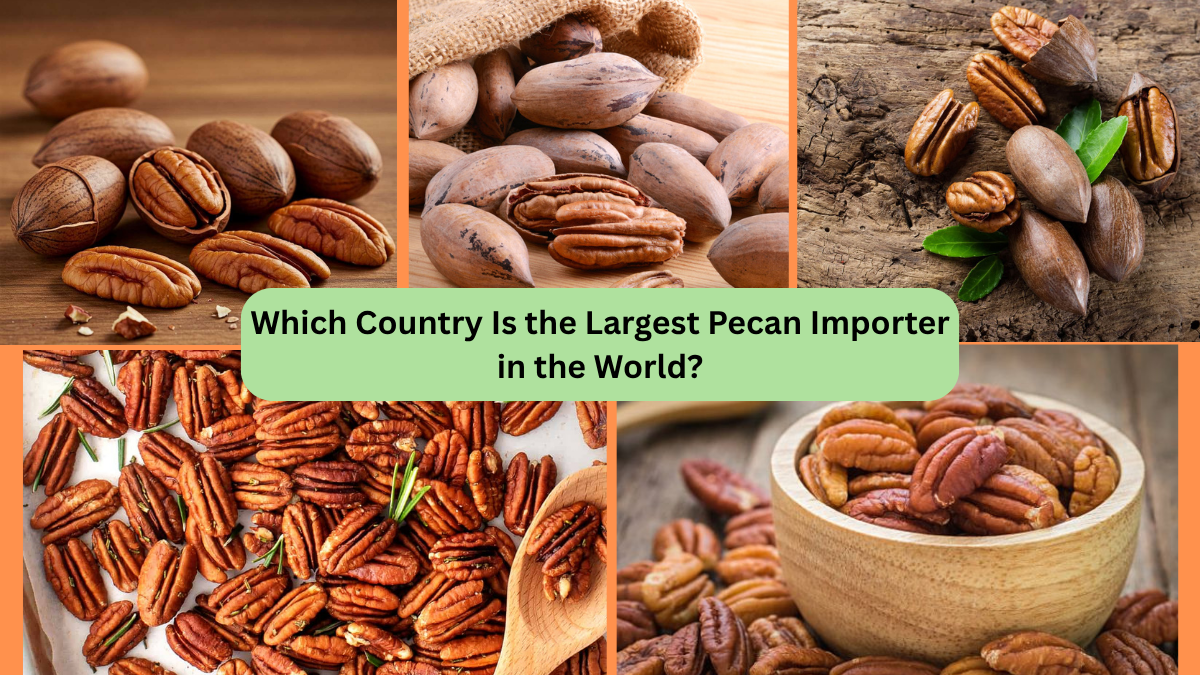Pecans — those buttery, rich nuts native to North America — have grown beyond their Southern U.S. origins to become a beloved ingredient worldwide. From pecan pies and pralines to health snacks and premium desserts, global appetite for this nutrient-packed nut has never been stronger. As international demand climbs, so too does trade, with several countries emerging as major importers.
But have you ever wondered which country imports the most pecans in the world? The answer might surprise you — it’s the United States itself. Yes, the world’s largest pecan producer also imports the most. How is that possible? Let’s dive deep into the numbers, trade patterns, and market dynamics behind this fascinating pecan paradox.
Global Pecan Industry Overview
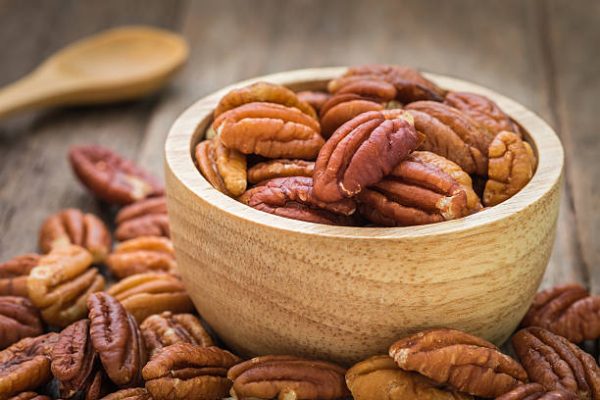
Pecans are native to North America, primarily cultivated in the United States and Mexico, with emerging production in South Africa, Australia, and South America. The U.S. alone produces nearly 60–65% of the world’s pecans, followed by Mexico at around 30%. Yet despite this dominance, global demand for pecans continues to outpace supply, especially in health-conscious and gourmet food markets.
As a result, pecans have become a high-value export and import commodity, especially in North America, Europe, China, and the Middle East.
The United States — The Largest Pecan Importer
While the U.S. grows more pecans than any other country, it also imports the most, largely from its southern neighbor, Mexico. According to the latest USDA and trade reports:
- In 2023, the U.S. imported over 60,000 metric tons (MT) of pecans, including both in-shell and shelled varieties.
- About 98–99% of U.S. pecan imports come from Mexico.
Why Does the U.S. Import So Many Pecans?
This might seem odd at first — why would a leading producer need to import? Several key factors explain this:
Cross-Border Shelling & Processing
Many U.S.-grown pecans are sent to Mexico for shelling, where labor costs are lower. After processing, these shelled pecans are shipped back to the U.S. for use in baking, confectionery, packaged snacks, and holiday goods.
Trade Agreements & Tariff Benefits
Under USMCA (formerly NAFTA), the U.S. and Mexico enjoy tariff-free agricultural trade, including pecans. This makes cross-border pecan commerce efficient and cost-effective.
Seasonal Supply & Market Demand
U.S. pecan production peaks in autumn. Imports from Mexico and South Africa help fill off-season gaps and meet surging demand during the holiday baking season and year-round health-food consumption.
Value-Added Industry Needs
Pecans are a staple ingredient in U.S. foods — pecan pies, candies, cereals, trail mixes, and nut butters. Imports supplement domestic harvests to supply large-scale manufacturers and premium markets.
Other Major Pecan Importers Around the World
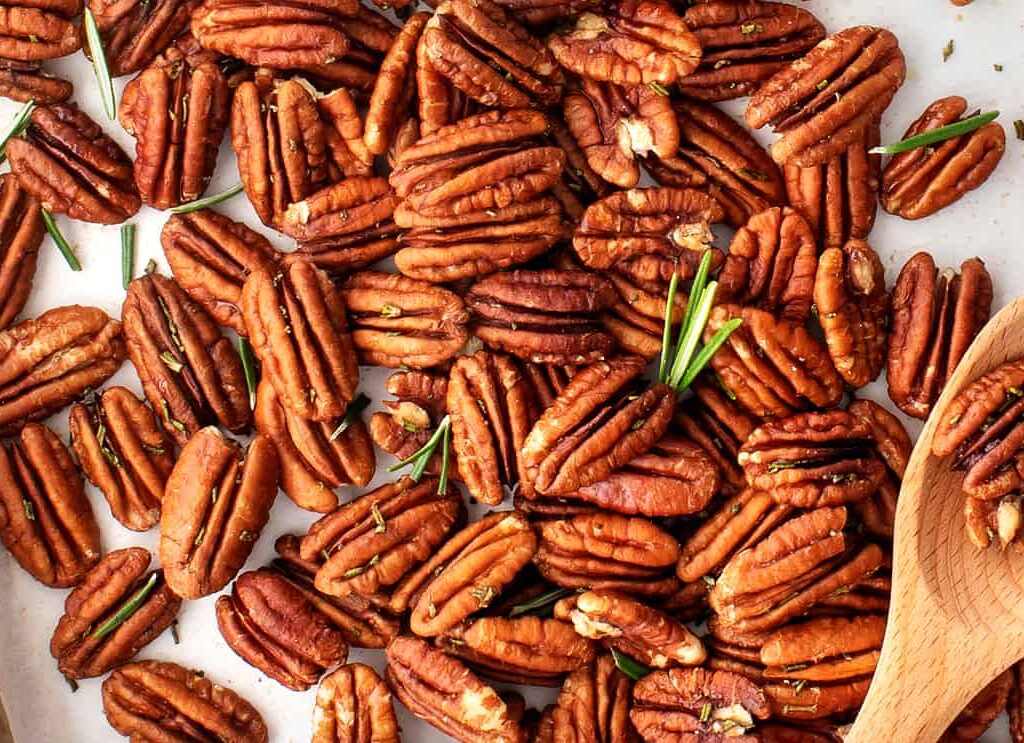
Beyond the U.S., several other nations are emerging as significant importers of pecans:
Canada
Canada is one of the top importers of pecans, purchasing mainly from the United States. Canadian consumers increasingly favor pecans for health reasons, snack foods, and gourmet baking. In recent years, Canada has imported over 5,000 metric tons of pecans annually.
China
China’s appetite for pecans has exploded over the last decade. Traditionally consumed during festivals and gift-giving holidays like the Lunar New Year, pecans are popular roasted, sweetened, and flavored in Chinese markets. Imports surged dramatically in the late 2010s, with the U.S. and South Africa as primary suppliers.
In 2023, China imported over 20,000 metric tons of pecans, positioning it as one of the fastest-growing markets globally.
European Union
While Europe is not a historical pecan consumer, modern culinary trends and the health food movement have boosted demand. Countries like the Netherlands, Germany, the United Kingdom, and France regularly import U.S. shelled pecans for use in bakery products, salads, and snack mixes.
Annual imports to the EU typically range between 8,000–12,000 metric tons, with volumes steadily rising.
Mexico
Mexico imports some pecans for re-export after shelling, especially in the context of processing U.S.-grown nuts and distributing them back north.
Pecan Import Trends by Volume (Approximate Annual Figures)
| Country/Region | Import Volume (MT) | Main Suppliers |
|---|---|---|
| United States | 60,000+ | Mexico |
| China | 20,000+ | U.S., South Africa, Mexico |
| Canada | 5,000+ | U.S. |
| European Union (total) | 8,000–12,000 | U.S., South Africa |
| Mexico (for re-export) | 2,000+ | U.S. |
What Makes Pecans So Popular Globally?
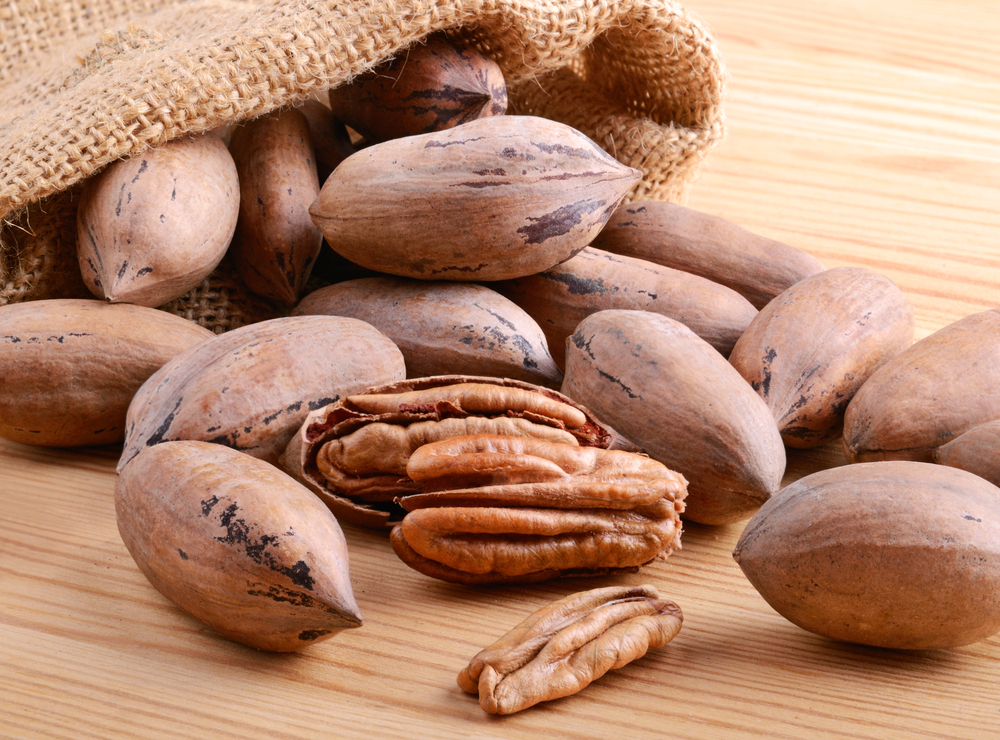
A few compelling reasons drive pecan imports around the world:
- Nutritional Benefits: Pecans are rich in heart-healthy monounsaturated fats, fiber, plant-based protein, magnesium, and antioxidants.
- Health Food Trends: Rising interest in plant-based, clean-label, and superfood diets has pushed nuts — including pecans — into mainstream consumer culture.
- Culinary Versatility: Pecans shine in both savory and sweet dishes, from classic pies to trendy salads and Asian confections.
- Cultural Gifting: In countries like China, pecans symbolize wealth and are popular as festival gifts.
Emerging Import Markets for Pecans
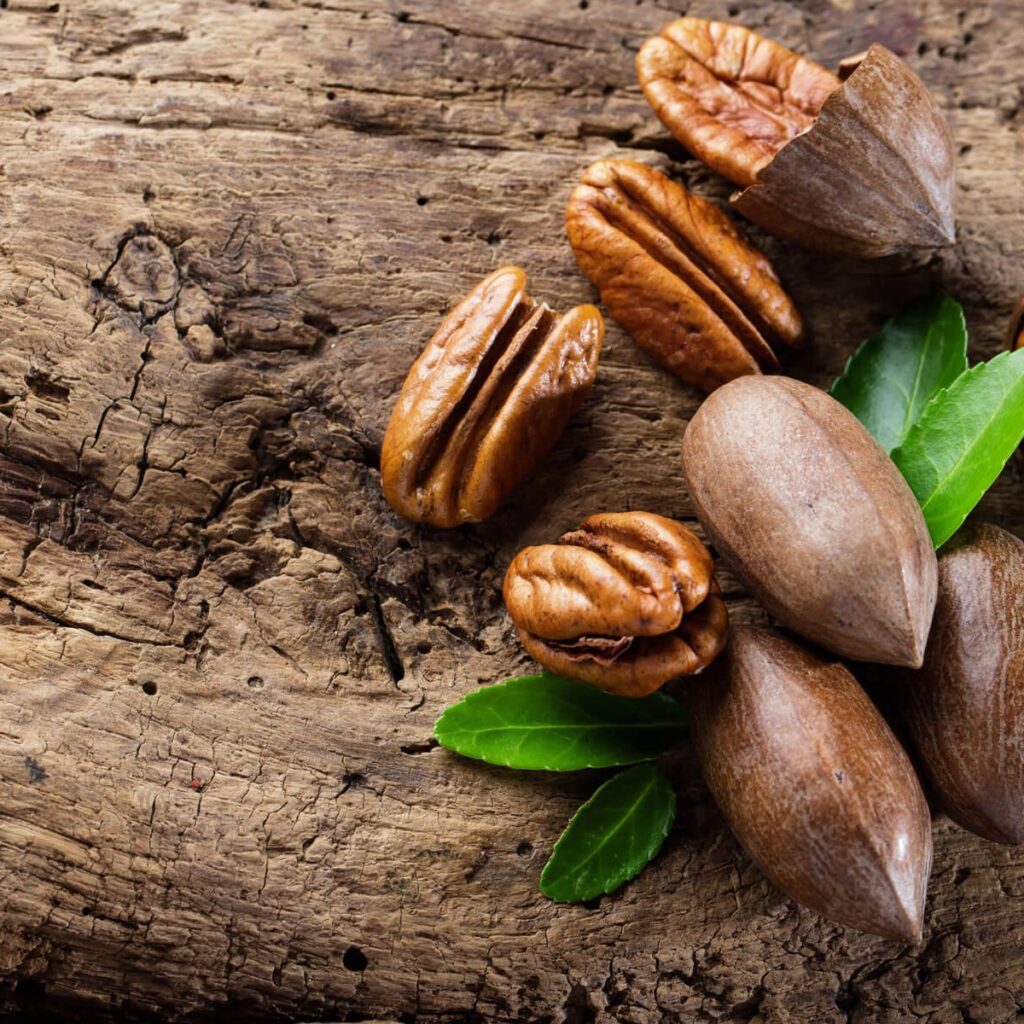
As pecans continue their global rise, several emerging markets are showing growing interest:
- South Korea: Increasingly health-aware consumers favor pecans in snacks and health food products.
- Japan: Specialty and gourmet markets offer U.S. pecans for bakery, confectionery, and upscale snack applications.
- Middle East: Countries like the UAE and Israel have steadily increased pecan imports for both Western-style desserts and traditional regional sweets.
Future Outlook for Pecan Imports

The global pecan trade is projected to keep growing due to:
- Rising per capita incomes in emerging markets
- Expanded marketing of health benefits
- Development of new food applications for pecans
- Tariff reductions and new trade agreements
- Increased production in non-traditional growing regions like Brazil, Australia, and Argentina
China, in particular, is expected to see double-digit pecan import growth in the coming years as consumption habits evolve and pecans become further integrated into local snack markets.
Conclusion
To recap:
- The United States is the largest pecan importer in the world, primarily sourcing from neighboring Mexico.
- Canada, China, the European Union, and Mexico round out the top pecan importers globally.
- The U.S.’s dominant import position is driven by its large processing industry, value-added food manufacturing, and favorable trade agreements.
- Growing global awareness of pecan’s health benefits and culinary versatility is rapidly expanding international demand.
As consumer tastes continue to evolve and health trends rise worldwide, pecans are poised to cement their position as one of the most desirable nuts on the global market — and cross-border trade will only intensify.
